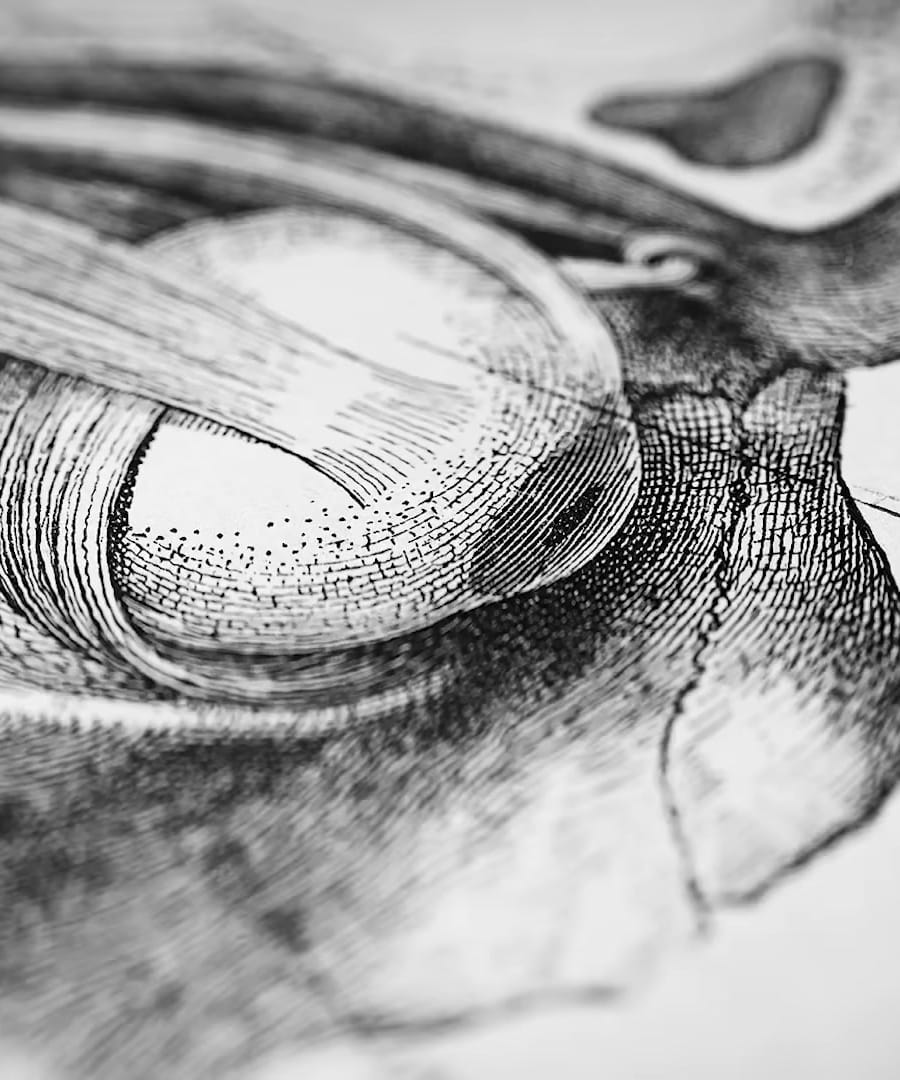Psilocybin
Sources:
Psilocybin is gaining significant attention for its therapeutic potential, particularly in treating mental health issues such as depression and addiction. explains that psilocybin, closely related to serotonin, can mimic its effects by activating specific serotonin receptors, leading to changes in perception, memory, and consciousness. This occurs through enhanced neuroplasticity, fundamentally altering brain circuitry 1 2.
A typical psilocybin journey in clinical settings often involves two doses spaced apart, with structured experiences that include controlled environments, which are critical for triggering neuroplasticity changes. These sessions emphasize internal reflection, often with the eyes closed, to maximize therapeutic benefits over visual hallucinations 3 4.
However, psilocybin is not suitable for everyone. Individuals with a history or predisposition to psychotic or bipolar disorders should avoid its use. The research primarily focuses on adults aged 25 and older, highlighting the importance of proper clinical settings for psilocybin use 5.
Despite its potential, psilocybin remains illegal in most places, though exceptions exist in certain therapeutic contexts like Oregon, where it's decriminalized for specific conditions 3.
RELATED QUESTIONS
Psilocybin
- RELATED QUESTIONS




